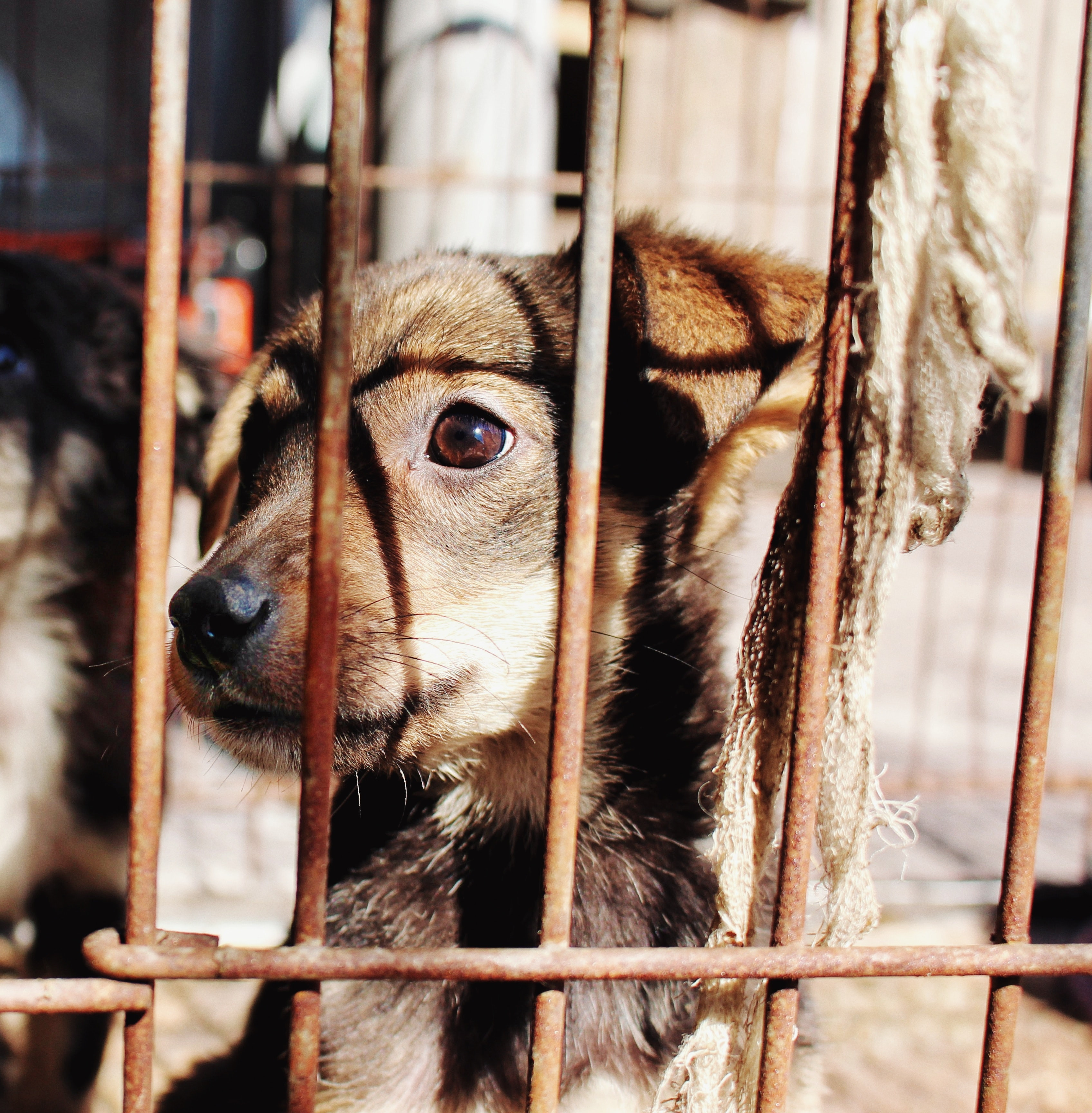


Some people believe that taking any animal home should result in them instantly 'fitting in.'
This is not true. Animals, like people, need time to adjust to new situations and it can take up to and over 3 months
before an animal feels truly comfortable in their new surroundings.
During the first couple of days,
it can be normal for animals to not want to be near anyone and to spend the time exploring, they may not eat as you would
expect and may not want to interact. The key is to take it at the pace they are comfortable with; not the pace
that you want. Click here to download more information.

Some animals may enter rescue having never been fed a proper diet. An example would be
Star & Moon; two rabits who were relinquished to rescue.
When they arrived at their
foster (which turned into a forever) home, they had bird seed in their bowl. When they were given rabbit food,
they didn't have a clue what to do with it to start with. It soon emerged they had mainly been fed on
scraps of food rather than having a proper diet; they were despondent and lethargic.
Different animals can suffer different consequences of poor diet and this is
one of the first things that often needs correcting.

Many animals who enter rescue suffer with separation anxiety. This is where they struggle with being left alone;
sometimes for as little as one minute.
Separation anxiety can cause an animal to be destructive and noisy;
they may pant, salivate and/or have accidents in the house. Whilst this isn't pleasant for any new owner,
it's worse for the animal. Remembernot to punish the animal! If they suffer with separation anxiety,
they need a lot of support and love to know it is ok to be left alone.
There are many ways to help a dog which suffers
however, they all take time and patience; there is no quick fix!

There is a lot of speculation that using a crate is cruel. This is NOT true. Many dogs find
having a crate relaxing and comforting when they are used correctly. Crates are not a punishment tool
but can be an effective way to keep dogs who are destructive safe when you leave the house.
Crates should
have a comfortable bed in there (but not something that can be easily destroyed) and many people also
cover them to provide an extra level of comfort. The door should be left open when the dog is not in it
so they can go in and out as they feel fit; when they are used correctly, many dogs will take themselves
in there when they want some space.

Before you rescue an animal, research is key!
Whether you're getting your
first cat, dog, chicken, hamster, rabbit etc, it's vital you understand all the needs the animal has. Each
species is different as is every breed. Some birds talk, some don't; some dogs run, some won't; some cats like petting,
some will scratch you for even trying. Every animal is unique; just like humans.
It's also important to research
the rescue; do they have good reviews? Do they know what they're talking about? Will they support you and offer advice as
and when you need it?
There are many small, independent breed/species specific rescues and these are, generally speaking,
the ones who will offer the most support for you and your new furbaby.
Whilst rescue is hard work, it is one of the most rewarding things you can do.
Have Fun!